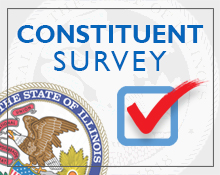
“The COVID-19 pandemic has underlined the systemic economic, educational and health disparities that have historically plagued African Americans across our country. For centuries, Black people have been disrespected, abused and misused in the name of health care, starting with the abuse of the enslaved,” Hunter said. “To prevent future harm to one of our most vulnerable populations, we have enacted this informed policy, with the goal of deep, intense reform.”
House Bill 158 addresses a range of issues in the state health care and human services sectors, including health care accessibility, hospital closures, managed care organizations, community health worker certification and reimbursement, maternal and infant mortality, hospital reform, mental health and substance abuse, and medical implicit bias.
One of the most significant provisions would put a halt on hospital closures for up to 60 days to ensure underserved communities do not lose access to emergency care during and immediately after the pandemic.
Other significant provisions include establishing a Medicaid MCO Commission to evaluate Illinois’ managed care program and requiring the state to facilitate partners between Federally Qualified Health Centers (FQHCs) and hospitals.
“The systems that bind and neglect people of color must be addressed, and grasped at the root, creating equity through investment,” Hunter said. “The measures in this package reshape our state’s health care, leading with diversity, inclusion, and justice at the center.”
A Health and Human Services Taskforce and an Anti-Racism Commission would also be created under this legislation to enable collaboration between legislators and health care professionals as they engage in a deeper analysis of racial inequities in the health care system and recommend tangible solutions to be enacted by hospitals, health care organizations and the General Assembly.
House Bill 158 is effective immediately.


